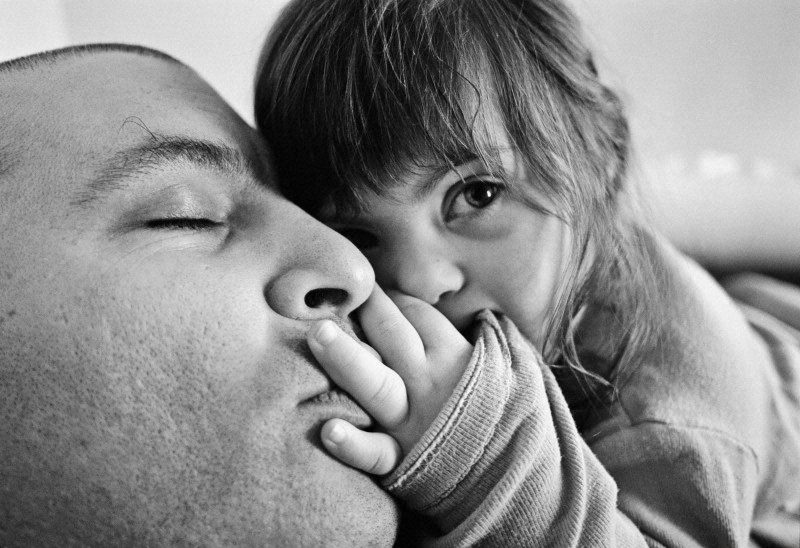Julia and Pat’s daughter Megan was born 11 weeks premature with Down syndrome. Now 18 months old, she has many health and developmental challenges. “Each day we have to choose between doing what’s best for her and the things we’d rather spend our time doing for ourselves,” says Julia.
Yet Julia and Pat, who have three other daughters as well, say the experience of receiving Megan as their daughter has brought them profound joy. “I have yet to meet a person who withdraws from us because of Megan’s disability,” Julia says. “On the contrary, Megan draws people to us. It’s easy to see how Megan is made in God’s image.”
From parenting a child with a slight learning disability to caring for a cognitively impaired child who uses a wheelchair, children’s special needs require varying levels of commitment from moms and dads. What all special needs have in common, however, is a potential to be vehicles for God’s grace, bringing families to new places of love and acceptance.
Enter into the pain and the challenge
“Our first few weeks with Megan were frightening, and we wished it had happened to somebody else,” Julia admits. Fear and denial over a child’s disability is common, but parents must decide whether to stay there or enter into the pain and challenges head-on.
Mary Nervig, a therapist for many families with special needs children, sees parallels between Jesus’ suffering, death, and resurrection, and how families ultimately respond to their children’s situations.
She explains that new life can come to a family when parents fully share in their child’s pain: “It is only when our honest self meets our child’s honest self that healing and growth can begin.”
See God’s work in your family
When Bobby was 4, surgery to remove a brain tumor left him with a permanent cognitive disability and some physical challenges as well. Despite many reasons to be bitter, his parents have chosen instead to focus on the movement of God in their family.
“Bobby’s experience has definitely made my faith stronger,” says his mother, Charlotte. “I have learned that no matter how much I plan, I am ultimately not in control, but that in taking a step back, God takes care of things. Whether it is wonderful teachers, coaches, teammates, classmates, or doctors, God makes sure Bobby has the people in his life he needs at that moment.”
Charlotte continues to be amazed at how Bobby motivates people to try harder or brings out a kinder side. “I think having a special needs child helps you grow in many ways,” she says. “It helps you understand the importance of taking the time now because the future is unknown. You realize being the best at something isn’t as important as giving your best. You realize a good life isn’t necessarily having the biggest house and the most prestigious job but is coming home to those you love and who love you. What more could you want?”
Allow God and nature to keep you charged
“I see more success in families who are open to God’s grace, who pray as a couple or as a family,” says Nervig.
Along with faith, she also says families who spend time in nature often find more peace and healing than others.
She tells of a set of parents with an adopted son who had spent the first three years of his life neglected in an orphanage and as a result developed post-traumatic stress disorder and reactive attachment disorder.
“He was so full of rage,” Nervig remembers. The family started taking twice-daily walks in a nearby natural area with their puppy. Gradually the boy’s issues subsided.
“There has been an explosion of research showing the importance of spending time in nature for both physical and mental health,” she says.
Julia agrees with Nervig’s assessment of the importance of faith; she stays charged by saying short prayers multiple times throughout the day. “I hope and trust,” she says, “that my meager attempts to stay connected during this crazy busy time will be enough until the kids are grown and I have more time to spend in prayer.”
This article originally appeared in At Home with Our Faith, Claretian Publications’ family spirituality newsletter, in October 2012.
Image: Flickr cc via Wellcome Images














Add comment